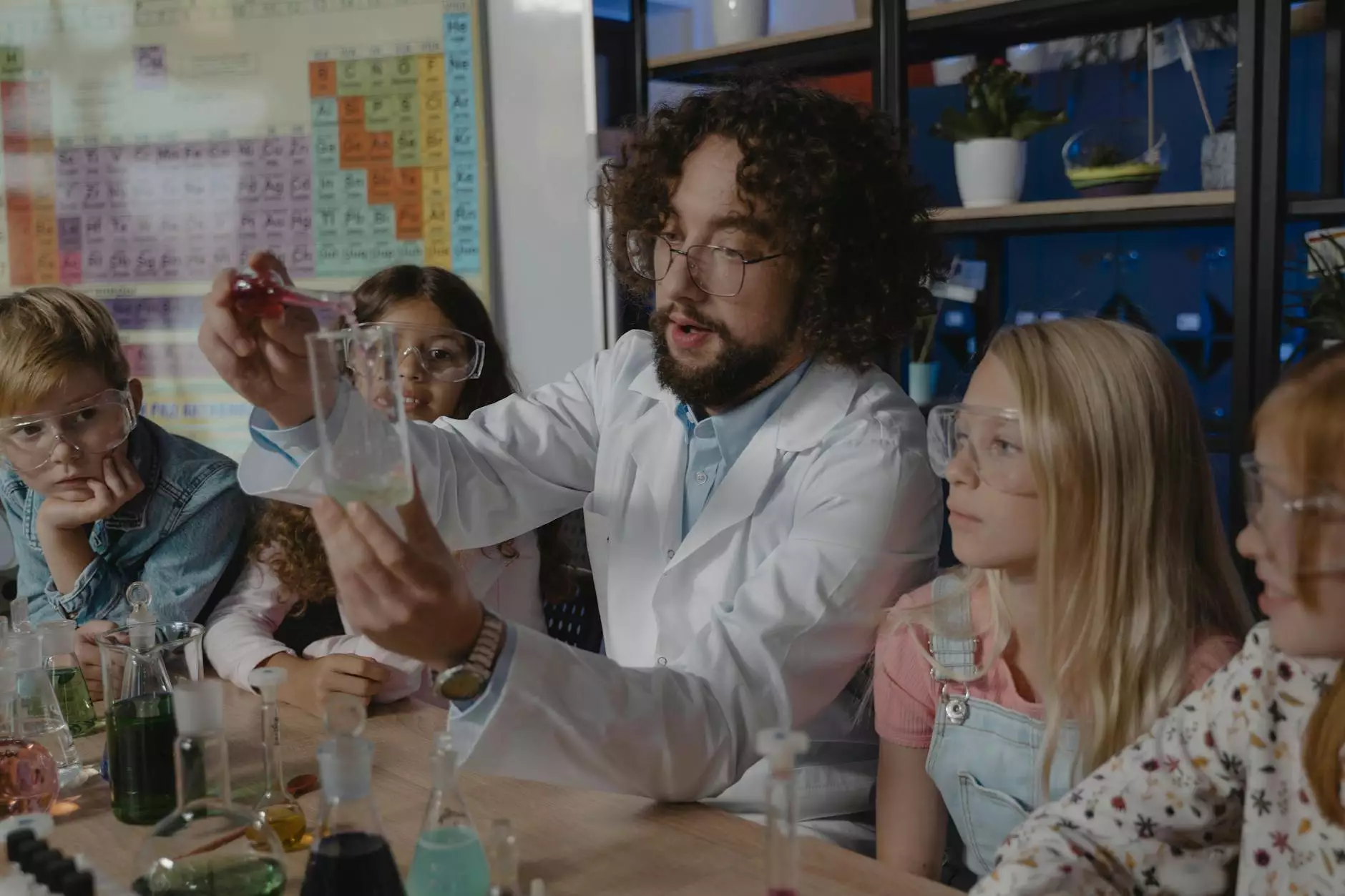The Importance of Practical Work in Science Education

Introduction
Welcome to The Knowledge Nest, your go-to online resource for community and society-related topics. In this article, we will explore the significance of practical work in science education and how it enhances learning outcomes. Join us as we delve into the world of hands-on experimentation and its impact on scientific subjects.
Why Engage in Practical Work?
Practical work plays a crucial role in science education, allowing students to apply theoretical concepts in real-world scenarios. It offers a unique opportunity for students to develop their problem-solving skills, critical thinking abilities, and scientific method understanding.
Enhanced Learning and Comprehension
By engaging in practical work, students can bridge the gap between theory and practice, enabling better comprehension of scientific principles. Hands-on experiments provide a holistic learning experience, allowing students to see firsthand how theories translate into observable outcomes.
Improved Retention
Research has shown that practical work promotes better retention of information. When students actively participate in experiments, their brains form stronger connections and associations with the concepts being taught. This leads to a deeper understanding and greater knowledge retention over time.
Developing Practical Skills
Practical work in science education also helps students develop essential practical skills that are applicable across various scientific disciplines. They learn laboratory techniques, data collection, analysis methods, and experimental design - all invaluable skills for future scientific pursuits.
Fostering Scientific Curiosity
Hands-on experiments ignite curiosity and awe in students, motivating them to explore the world around them. The thrill of discovery during practical work encourages a thirst for knowledge, fostering a lifelong love for scientific inquiry.
The Importance of Collaboration
Practical work often involves group or partner activities, promoting collaboration and teamwork. Students learn to share ideas, allocate tasks, and collectively contribute to the experimental process. Such collaborative experiences mirror real-world scientific research environments and prepare students for future teamwork scenarios.
Integration of Science and Technology
The use of technological tools and equipment during practical work facilitates a seamless integration of science and technology. Students gain exposure to cutting-edge laboratory equipment, data collection devices, and analysis software, preparing them for the technologically advanced world they will enter.
Building Confidence
Engaging in practical work empowers students to take charge of their own learning. As they design and conduct experiments independently or in groups, they develop confidence in their abilities to explore and unlock the mysteries of science. This confidence extends beyond the laboratory, benefiting students in all areas of their lives.
Conclusion
Practical work is an indispensable aspect of science education that enhances learning outcomes, boosts comprehension, and fosters curiosity and critical thinking. At The Knowledge Nest, we recognize the transformative power of hands-on experimentation and its positive impact on scientific education. Join our vibrant community to explore more topics related to community and society.










